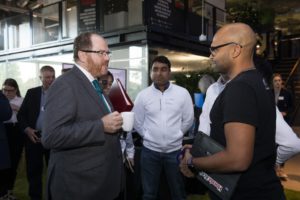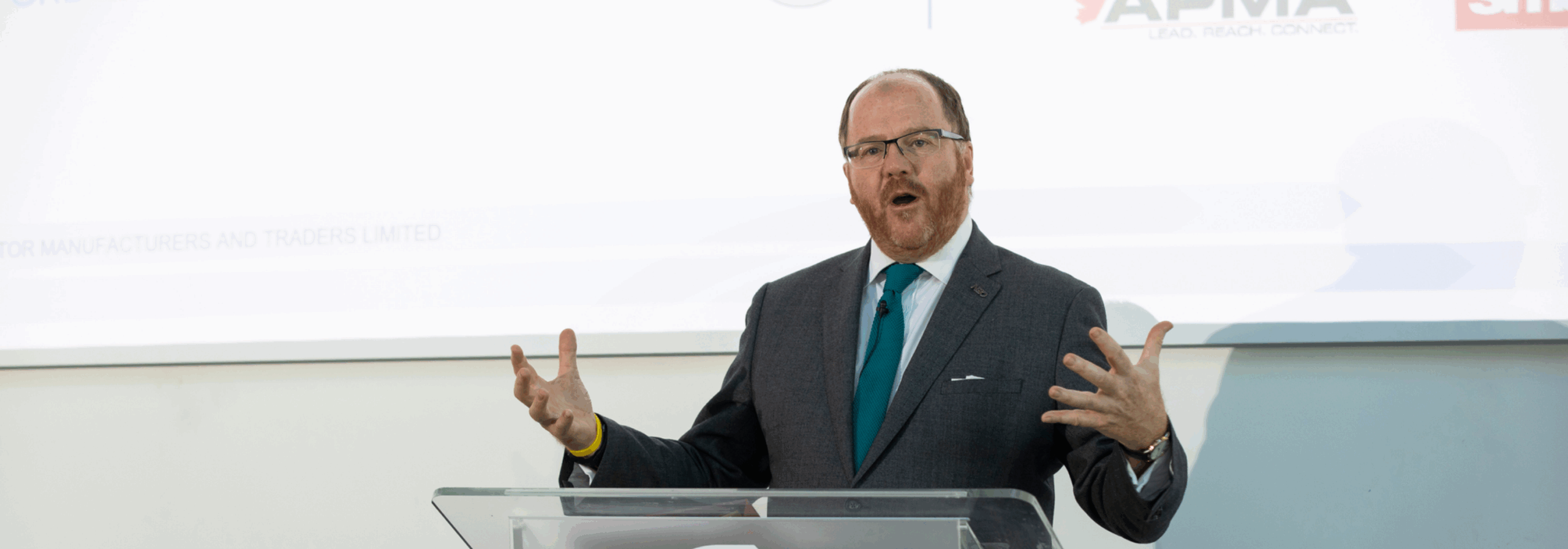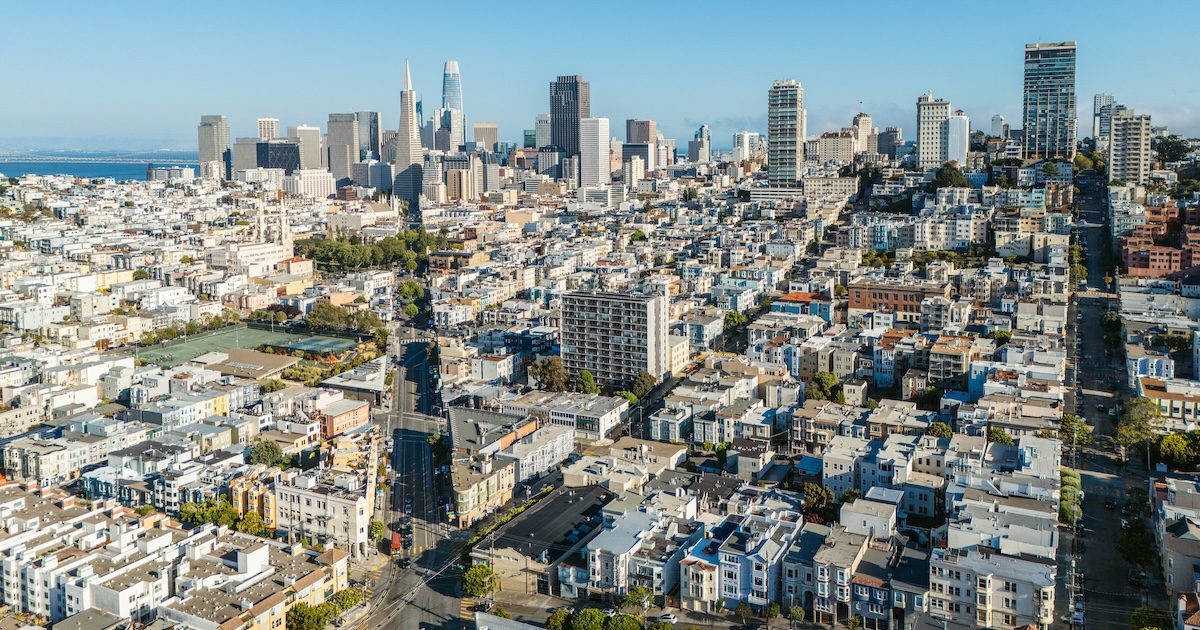“Wouldn’t you like to live in a really smart city? Less congestion, cleaner air, healthier living?”
That’s the question George Freeman, minister of state at the Department for Transport, believes we need to ask people to encourage them to embrace smart technology with climate-friendly benefits. Opening the SMMT Future Mobility Challenge at Plexal, Freeman addressed the coming revolution in mobility and laid out his tech-friendly and people-centric vision for the sector’s future: a connected ecosystem that helps established players to adapt to change, supports up-and-coming ideas and ensures the public is fully involved.
This roadmap has six key areas of focus:
1. Research
Freeman intends to create a “runway” that enables deep science to be converted into happy commuters and citizens. He promised to pump more funds into research and development – especially “deep, blue-sky science”.
“Nobody in the government knows exactly what we spend (on transport technology),” he admitted. “So I’m going to work out what that number is and I’m going to increase it.”
2. Commercial ecosystem
Freeman acknowledged that the UK has plenty of fantastic mobility startups. But his vision is for London, which already has an established financial services sector, to become “a cluster for the growth and the financing of those innovative transport technology companies”.
3. Places (testbeds)
The role of testbeds was a key focus of the Department for Transport’s Future of Mobility: Urban Strategy (which was launched in Plexal in March 2019), and they will play a big role in Freeman’s mobility ecosystem.
“I wanted to see if we could build a network of future mobility zones around the country. Not everywhere – but a network of digitally connected testbeds.” He said these accredited testbeds would allow anyone developing new transport technology to put their ideas into practice and test them in real-world, real-time conditions.
4. Digital
“I don’t think we’re yet in the UK, government side, properly being strategic about the informatics, the digital revolution,” Freeman told the audience.
He views data as a potentially powerful enabler for a mobility revolution and wants the government to unlock the data it’s already sitting on as well as collate data into a hub, which he says the life sciences and agri-tech sectors are already doing. These insights come from past experience: Freeman was previously the minister for Life Sciences and led the Industrial Strategy for agri-tech.
5. Agile regulation
Freeman wants to avoid a scenario where the government creates legislation that’s “10 years late and five years out of date”. “We’re going to have to find a way to regulate in a way that’s agile, smart, connected and based on real-time evidence,” he said.
The minister’s speech also highlighted the connected relationship between testbeds, the data flowing out of them and regulatory change. He described a setup where data on mobility modes like e-scooters and autonomous vehicles flowed out of testbeds and fed directly into decisions on regulation.
6. Behavioural insights and the role of people
Finally, the minister believes that people need to be in the driving seat of the future of mobility. “Unless we can make sure that we’re carrying the commuters, the travellers, the customers, the taxpayers with us, then we will not allow this revolution to take place at the speed that is possible,” he warned. Referencing the backlash to genetically modified food, Freeman said he was determined not to let technology get ahead of opinion in the mobility space.
Get the public on side, Freeman believes, and we could usher in a mobility future where journeys are “easier, smarter, cleaner, greener, quicker and healthier”.

“We’re going to have to find a way to regulate in a way that’s agile, smart, connected and based on real-time evidence”
Teasing the government’s decarbonisation plan
Freeman also offered a glimpse into key aspects of the government’s first decarbonisation plan for the transport sector, which will be released next year.
As well as investing in technology that helps reduce CO2 levels, the government will look at the areas of the UK that are the biggest emitters and “think strategically about how we drive down emissions”. “We’re going to be giving big powers to places to create those modern transport services.”
Freeman also spoke about the role of supply chains and better procurement practices. Businesses will need to scrutinise their suppliers more closely and it should be easier for smaller companies with innovative solutions to sell to large organisations.
If we succeed in using technology and innovation to solve big problems like climate change and transport-related pollution, Freeman believes the UK can take a leadership role globally and is open to using some of our international development budget to teach emerging smart cities what we learn. “There’s a huge market around the world for this if we get it right.”


